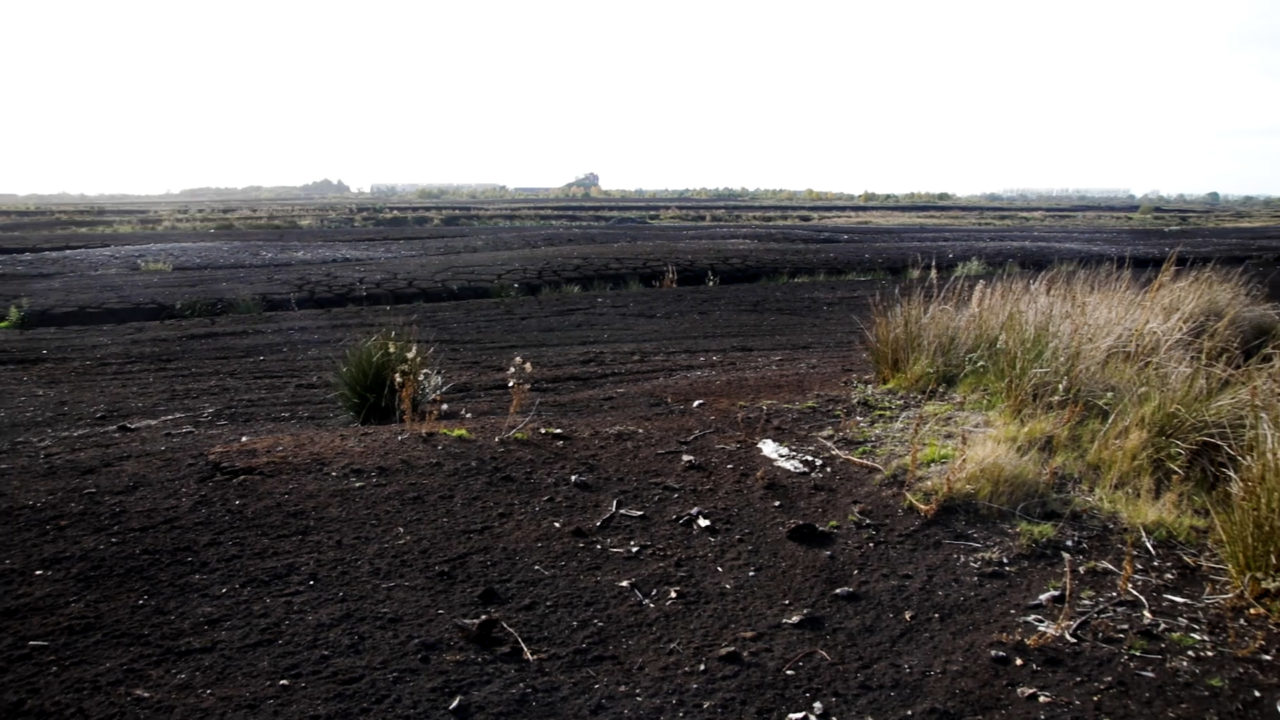The use of peat as an energy source fell by 34% in 2020, according to new data from the Sustainable Energy Authority of Ireland (SEAI).
The authority has today (Monday, May 17) published its Provisional Energy Balance 2020, which shows the impact of Covid-19 restrictions on energy use and related CO2 emissions for 2020.
Energy-related CO2 emissions fell 12.4%, or 4.6 million tonnes. This means that CO2 emissions from fossil fuels used for energy were the lowest since 1993 and were 31% below 2005 levels.
This marks the biggest annual reduction in CO2 emissions since the depth of the recession in 2009.
Report’s main findings
The main findings of the report show that overall energy use fell by 9.2%, relative to an economic contraction of 5.4%.
Oil use decreased by 16.5% in 2020, equivalent to 3.6 million tonnes of CO2. This was the largest annual reduction in oil use ever.
Almost all the reduction in oil use was in transport – this was because of restrictions and disruptions during the public health emergency. Total transport energy use was down 25.9%.
The largest reduction in oil products was in jet kerosene, which was down 64.4% (2.1 million tonnes of CO2), followed by road diesel, down 13.6% (1.3 million tonnes of CO2) and petrol, down 24.1% (0.6 million tonnes of CO2).
Peat use fell by 33.6% (one million tonnes of CO2), mostly through a halving of peat used for electricity generation.
Increase in energy from renewables
Energy from renewable sources grew by 8.5% in 2020. 42% of electricity generated was from renewable sources in 2020, with 36.1% generated from wind.
The CO2 intensity of electricity fell by 8.8%. This is less than a third of what it was in 1990, due to less use of coal, oil and peat, and more renewables and high efficiency gas turbines.
For Ireland’s 2020 EU renewable targets, the share of renewable energy in transport was 9.9%, compared to the EU target of 10%.
Moratorium to be lifted on June 1
The Commission for Regulation of Utilities (CRU) announced in recent days that it will lift the moratorium that has been in place on disconnection of gas and electricity domestic customers for non-payment of an account, effective from June 1.
This moratorium was put in place in January and was designed to provide another layer of protection from disconnection for customers for the duration of the Covid-19 restrictions.
The CRU said it has continued to monitor the levels of customers arrears since the beginning of the Covid-19 pandemic in March 2020.
“Since then, an upward trend in debt levels has emerged and it is clear that long-term debt may be a challenge for both customers and suppliers,” it said.
“A proportion of customers are remaining in debt with their energy suppliers for longer which, in effect, stores up the problem for customers to a later date.
“The timing of the lifting of the moratorium in advance of the warmer summer months where energy consumption is traditionally lower, will provide further scope for customers to engage with their suppliers and help to bring any arrears to manageable levels.”
Electricity price increases
Meanwhile, a Sinn Féin senator has raised concerns about electricity price increases to come, and has called on the government to do more for people struggling to pay their energy bills.
Lynn Boylan, party spokesperson on climate justice, said these price hikes come at a very difficult time for people.
“The government is failing in its duty to protect vulnerable citizens,” senator Boylan said.
“People would be shocked to learn the government has no strategy to tackle energy poverty. The last strategy lapsed in 2019, where is the urgency? I’m calling on Minister Eamon Ryan again to make it a priority.
“We need to tackle the problem at source. The energy grid is undergoing massive upgrades to accommodate the plague of data centres this country faces.”
The Irish Academy of Engineering estimates that Ireland will need to spend €9 billion on the grid to accommodate data centres.
“Instead of corporations shouldering the costs, the burden of those grid upgrades is being funnelled down to ordinary workers and families through their electricity bills,” the senator added.
“We need an energy poverty strategy that tackles this situation by reforming the PSO levy to ensure the cost of ‘big tech’ is fairly distributed. Otherwise, ordinary people will continue being hung out to dry.”
